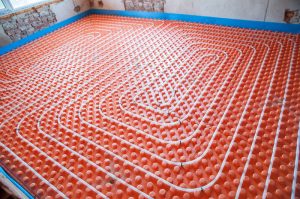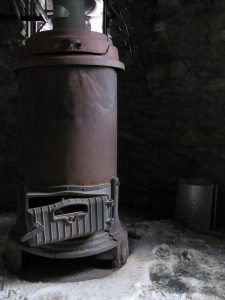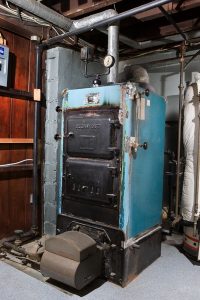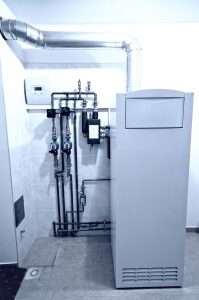
A boiler is a great way to enjoy indoor comfort on even the coldest days. But when a boiler stops working—well, it’s just as miserable as when any other home heater stops working. Your first instinct may be to call for heating repair in Syracuse, IN from our HVAC professionals. That’s a great instinct to have because it’s much better and safer than trying to fix the boiler yourself or allowing an amateur to take a run at it.
However, it’s always a good idea to make a few checks on the system that don’t involve using tools or anything extreme. A boiler may have stopped working for a simple reason you can remedy. Before you call for a technician, here are a few things to consider to see if you have a serious boiler breakdown.


 Radiant heating is a general term for heating systems that work by heating up an object in a living space so it sends out heat waves. Boiler systems are the most common type of radiant heating, and they often work through radiators and baseboard heaters.
Radiant heating is a general term for heating systems that work by heating up an object in a living space so it sends out heat waves. Boiler systems are the most common type of radiant heating, and they often work through radiators and baseboard heaters. We’re dedicated to the local community, and making sure our neighbors have the best household heating through the winter is extremely important to us. That’s why we offer services like our HomeSavers Club so our customers receive the help they need to get through a winter without any heating system trouble.
We’re dedicated to the local community, and making sure our neighbors have the best household heating through the winter is extremely important to us. That’s why we offer services like our HomeSavers Club so our customers receive the help they need to get through a winter without any heating system trouble.
 We hope you’re reading this post because you have these questions on your mind—probably because you’ve seen mention on our site, or elsewhere on home service pages, that routine furnace filter changes are mandatory for top heating performance.
We hope you’re reading this post because you have these questions on your mind—probably because you’ve seen mention on our site, or elsewhere on home service pages, that routine furnace filter changes are mandatory for top heating performance.

